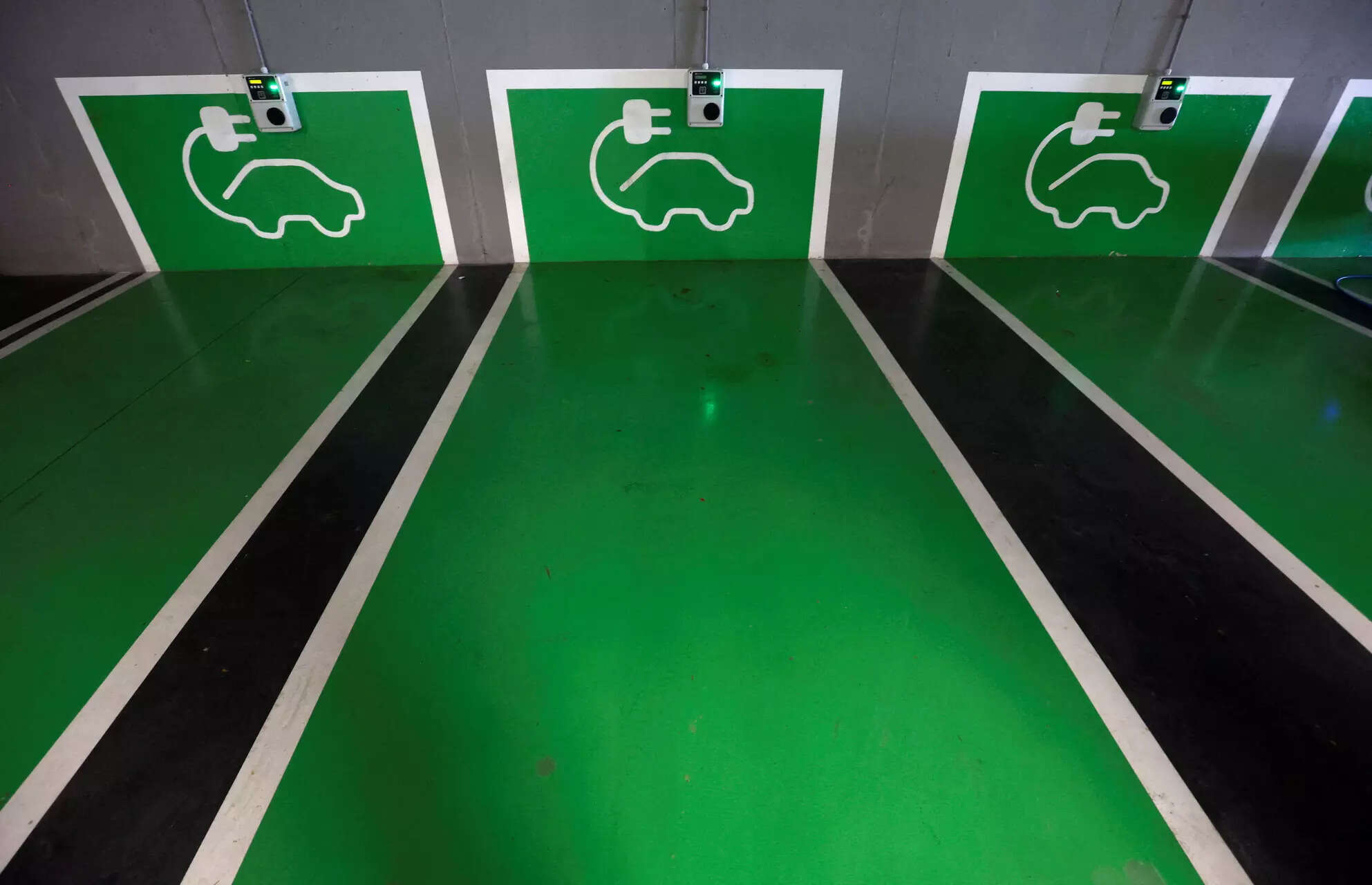
Germany’s government faced calls on Sunday to help farmers and car buyers by revisiting cuts forced upon it by a court ruling which blew a 60 billion euro (USD 65 billion) hole in its budget.
A coalition move to end subsidies for agricultural diesel drew criticism from Green lawmaker and agriculture minister Cem Ozdemir and from legislators belonging to Finance Minister Christian Lindner’s business-friendly Liberals.
Opposition conservatives and Chancellor Olaf Scholz‘s Social Democrats also criticised the decision to end, with no prior warning, a programme that paid subsidies to buyers of new electric vehicles, with critics saying the move would hit German carmakers already struggling with Chinese and U.S. competition.
The criticism highlights the political cost imposed on an already fractious coalition by the Constitutional Court ruling, which dented the 2023 budget and delayed by weeks an agreement on a budget for next year.
With limited financial leeway, the three coalition parties, constrained by differing views on fiscal rectitude and government spending needs, took weeks to agree a replacement.
In an interview on Sunday, Finance Minister Christian Lindner ruled out revisiting the end to the electric vehicle subsidy, which has paid out some 10 billion euros since 2016.
“There was never a fixed end date,” he said, adding that the programme was only ever expected to run until the money ran out.
He was, however, more sympathetic on the matter of agricultural subsidies.
Ozdemir earlier said the only alternative to keeping the subsidy for agricultural diesel was closing farms. The agriculture minister will himself speak at a farmers’ protest demonstration in Berlin on Monday.
“Car drivers can switch to electric but heavy agricultural machinery can’t do that yet,” he said. “And we have to eat.”

